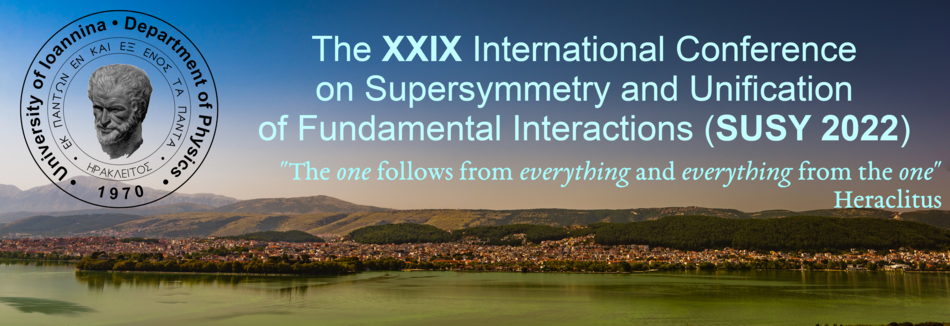Speaker
Description
One signature of an expanding universe is the time variation of the cosmological abundances of its different components. For example, a radiation-dominated universe inevitably gives way to a matter-dominated universe, and critical moments such as matter-radiation equality are fleeting. In this talk, I will stress that this lore is not always correct and that it is possible to obtain a form of “stasis” in which the cosmological abundances of the different components remain unchanged over extended cosmological epochs, even as the universe expands. For example, critical moments such as moments of matter-radiation equality can persist over an arbitrarily large number of e-folds. Moreover, as I will demonstrate, such situations are not fine-tuned, but are actually global attractors within certain cosmological frameworks, with the universe naturally evolving towards such long-lasting periods of stasis for a wide variety of initial conditions. The existence of this kind of stasis, therefore, gives rise to a host of new theoretical possibilities across the entire cosmological timeline, ranging from potential implications for primordial density perturbations, dark-matter production, and structure formation all the way to early reheating, matter-dominated eras, and even the age of the universe.
